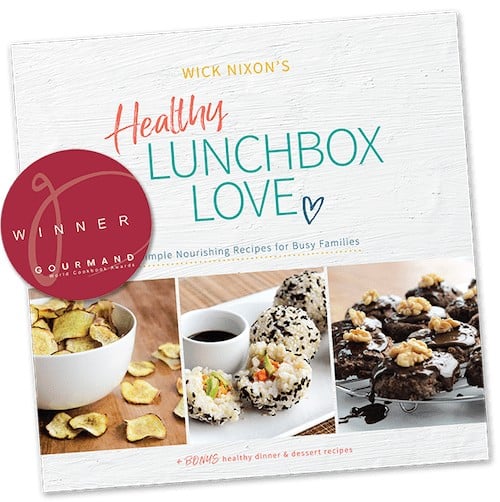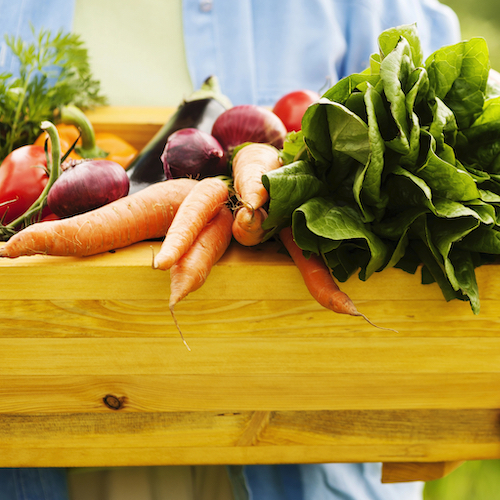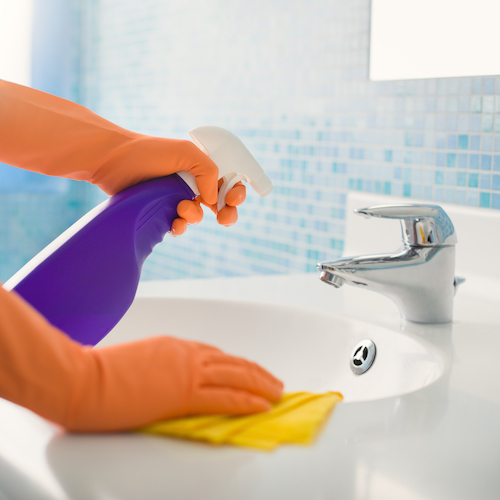
Our guest blogger this week is Stella Holt, who has shared her fabulous piece on how to handle all types of household waste.
Humans waste a lot, be it money, water, resources, or food. We throw away stuff without knowing how it is going to affect other beings and the planet we live on; we are even getting short of places to cast away the wastage being exponentially produced on a regular basis.
From Antarctica to the Arctic – and the depths of oceans to the peak of Mount Everest – is there any place left un-trashed?
In the U.S. an individual produces around 4.4 pounds of garbage daily. This means – with a population of 328 million people (as of January 14, 2019) – the United States alone produces more than 720,000 tons of rubbish per day. This amount is enough to fill up more than 60,000 garbage trucks.
The figures sound alarming, right?

We need to adopt minimal changes in our lifestyle and habits in order to deal with the catastrophic problem before it reaches beyond fixing. Here are some of the waste management tips that can make a difference.
We all know this one by now … avoid using plastic bags
Over a million plastic bags are used every day across the globe. The land animals, birds, and marine mammal can confuse these non-biodegradable bags for food. These bags cannot be readily decomposed into the environment.

Try avoid using plastic bags while shopping, take your own reusable bags like these gorgeous, convenient, folding pouch totes from Kateri. When ever possible don’t purchase food wrapped in plastic, take produce bags or simply put your produce into your large reusable bag. New World supermarkets has created ‘food in the nude’ produce isles at many of their supermarkets. Going to your local farmers market is another way to cut down on plastic wrapping, or shop at bulk and refill stores and take your own containers.

Diminish paper waste
Reducing the paper wastage will help save trees. Kitchen rubbish bins can be stacked up with paper towels, food waste, and disposal items. Consider using a washable cloth instead of paper towels, or better yet, make your own with this easy to follow pattern.
Donate old magazines and newspapers to places like nursing homes, pet shelters, and family shelters, or simply read on line and don’t buy them at all. Use whiteboard, blackboard, or your phone notes, instead of sticky notes. You can also save paper by opting for e-statements from your bank instead of the printed ones.

Reduce, reuse, recycle, compost
There may be things like old furniture, clothes, books, and appliances that you no longer use. Think about ways to recycle them, such as using the blank side of leaflets to note down important things or recycling a bbq grill into a potting bench for your garden; the internet is full of hacks and ideas. You can use rechargeable batteries in place of disposable ones. Discarded paper can also be reused for cleaning windows or glass.
Find out if your city is participating actively in recycling programs and most now have classes on composting, vermicomposting (worm farming), upcycling and even how to make your own in ground pet poo composter which work perfectly with compostable poo bags. Get involved and find out how you can reduce waste in your area.

Decrease consumption
Save your hard-earned, much-needed space and worth-caring Earth by only buying what you need. Make a meal plan or checklist comprising of just the must-have items before going shopping. Do not forget to mention the required quantities of each item on the list in order to avoid overbuying.
Before stepping out for grocery shopping, check kitchen cupboards and the refrigerator and remove already stocked items from your list.
Declutter your medicine cabinet
Do you have a messy medicine cabinet dedicated to vitamin supplements, files and prescriptions that may be out of date, take some time to cean up your cabinet and keep only what you need. Check if you can get online prescriptions instead of paper, many virtual healthcare specialists provide electronic prescriptions that can help you reduce the space occupied by paper prescriptions, readmission risks, the time consumed by the prescription refill requests and the chances of losing prescriptions.

Replace disposable containers with reusable ones
Now that you have boiled down your grocery list to just the essentials, it is important to store the food properly to prevent spoilage. Use airtight, reusable kitchenware and containers to store stuff like snacks, cereals, and baking items that can stale quickly.
Avoid using disposable cups, plates, plastic straws and glasses, purchase long lasting items instead, these stainless straws come in a bamboo case so you can take the with you wherever you go.
Even if washing utensils is the bane of your existence, using plastic and paper items can compensate neither for the irreparable harm to the environment- nor for an unmanageable amount of wastage in your home. Choose items that are not packed in wasteful, single-serving wrappers, like popsicles, candies, etc.
Avoid unnecessary and unwanted mail
There is no need to let your mailbox stack up with unsolicited mail such as credit offers, statements and catalogs. You can easily unsubscribe from most unwanted mailers over the internet or by phone. Choose to have your statements and bill emailed to you rather than in paper form.

Use a durable reusable bottle and keep cup
Rather than using disposable water bottles and coffee cups at cafés, take along your own reusable bottle, thermos or keep cup. This will help to reduce your plastic footprint and free your home from single use plastic bottles occupying space into your kitchen or dustbin.
If you already have a bundle of plastic bottles, try out different recycling ideas. These bottles can be recycled into a jewellery stand, planters, stationary organiser, bird feeder, and so on; the only limit is your creativity.
Pick up rubbish, make it into a game
You can ask your siblings and kids to play a trash collection game, in which every participant will collect rubbish and make a garbage bag of his or her own once in a week. Winner gets a treat. Lead by example and whenever you are out and about pick up rubbish that you see lying around.
Organise a beach clean up in your local area, there are some great sites that will help you put one together. For resources and information check out Loveyourcoast.co.nz.





About The Author: Triona
More posts by Triona